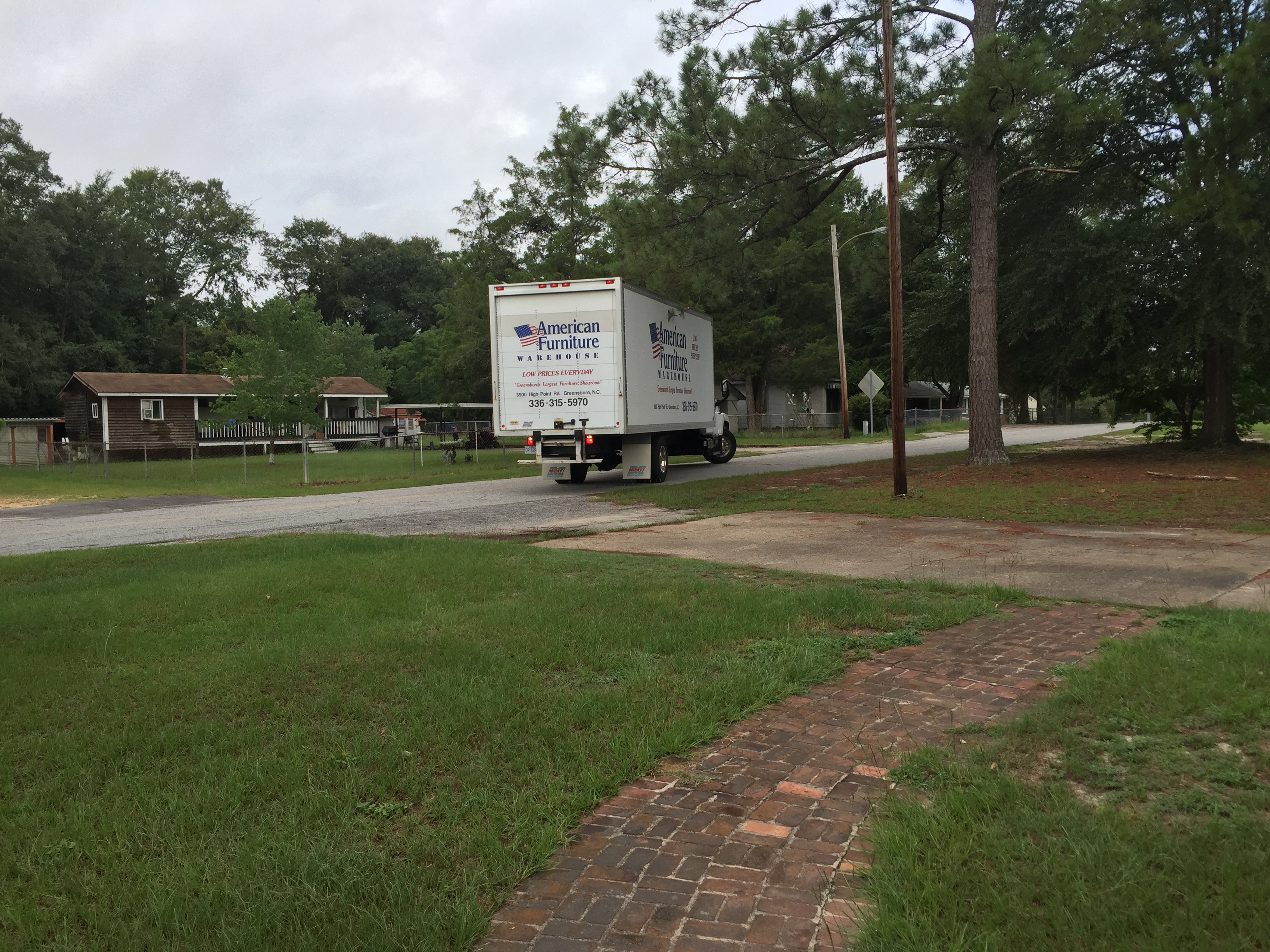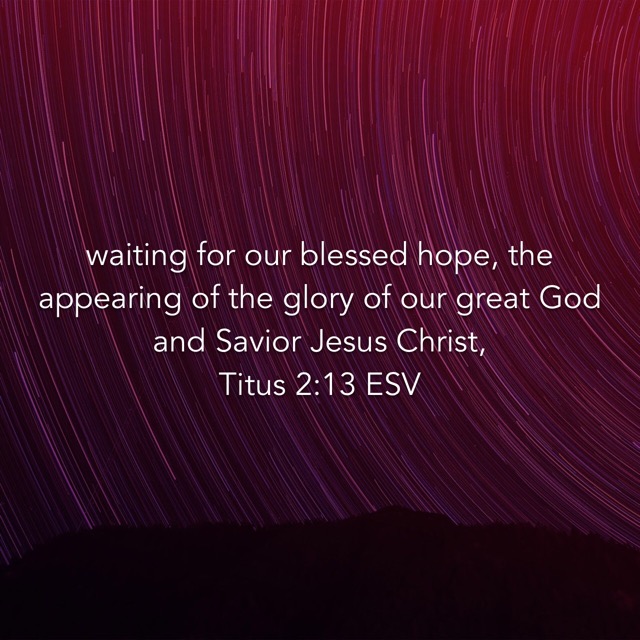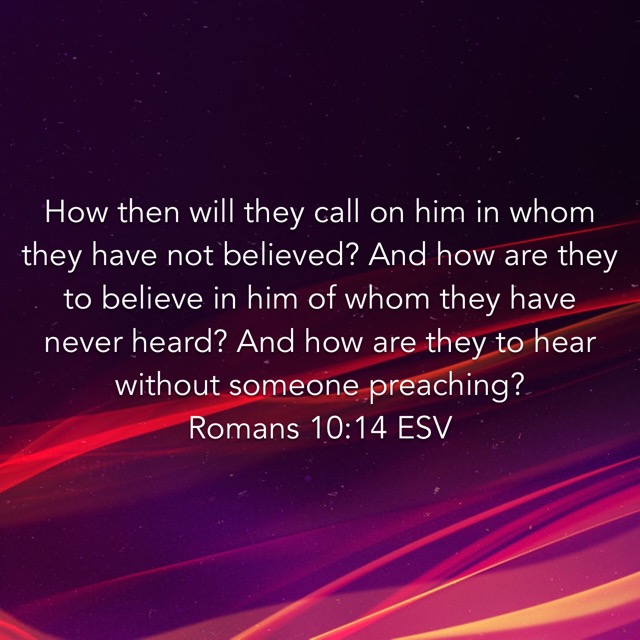It has been over two years since my family and I embarked on a major life transition. I have wanted to sit down and write about the whys and hows, but really have not slowed down enough to formulate my thoughts. I hope to put these thoughts into words, so apologies ahead of time for any grammatical cliffhangers.
In 2016, we left the comfort of full-time ministry for the adventure of bi-vocational work. We left friends, colleagues, and co-laborers in the gospel that we had made while in beautiful South Carolina and moved back to my hometown of Greensboro, North Carolina. My purpose in being back “home” is to point “my” people to Jesus. This was going to look completely different than anything we had ever done together as a family. One of the biggest adjustments has been transitioning back to the workplace. Several of my friends in ministry have asked what that transition has been like. Initially I explained that I have been working harder than ever before, logging 50-60 hours a week and still feel like I am on a sabbatical in comparison to the demands of the pastorate!
One of the stresses of ministry that afflicts many pastors is that they can become so focused on taking care of the sheep that are in the fold they can lose touch touch with the lost world around them. I’ll be the first to admit this was my own experience. I spent almost every moment around other Christians-either those in my own church or in various denominational positions. All these were good endeavors and I am eternally grateful for them. My own personal struggle, however, is that I allowed these good things to be a distraction from the “main thing.” Upon returning to the marketplace I suddenly found myself forced to engage completely outside of the Christian bubble. Like a spiritual anthropologist I want to briefly share what I have learned.
People Need Healing. The people I have met and encountered are dealing with all kinds of physical and spiritual needs. These range the entire gamut from financial, relational, family, health, to all kinds of emotional brokenness. I found in pastoring many people put up a wall when I came around. They would share the quintessential plastic smile that sent the message that everything is ok while in reality its the opposite. I’ve found people are a little more forthcoming about their challenges with me when I’m no longer the “senior pastor.” It’s also helped me realize I have built up my own walls and my own plastic smiles. I’ve got my own brokenness that needs healing. The truth is we all need Jesus. We need the Good News that Jesus died and rose again that we might be free from the guilt of sin and freedom to live a new kind of life.
People Need Hope. People need hope that there is a better tomorrow-that the pain, the struggle, the brokenness that we experience in the here and now is not forever-that it can and will change. I think many people have given up hope-the word for that is despair. If all you have to live for is this life and it turns out its not “your best life now” what hope do you have? If all the messages the world sends your way is that the mess you are in is because of powerful forces in this world that are beyond your control, what hope do you have? The gospel brings hope that change can happen-and because of Christ-transformation and change will happen. The gospel brings hope that there is a better future that lies ahead, which-in turn, brings hope for today and tomorrow.
People Need to Hear. If there is one thing I have learned it is that the gospel is for everyone-and it is part of our mission to get the gospel in front of those that have never heard. In many churches there is a strong inner gravity. A mindset that says-my church, my facility, my pastor, my ministry-is for me/us. That mindset is evident in that you can drive by church building after church building and every activity at that church is directed to the current members. I chuckle when I pass the church sign that says “Everyone Welcome” but has a locked gate across the parking lot. This sends the message that everyone is welcome if you’re like us or one of us. Our churches must counteract this inward gravity, which if we are not careful creates a black hole-where gravity implodes upon itself and sucks all the life down with it. We have got to take the gospel with us when we go to work and school, in our daily lives and on our social media. Our churches have to counteract this inward gravity and instead of emphasizing our own comfort, we should be breaking our hearts over those in our families and communities need that need the healing and hope of the gospel.
To my friends who are pastoring and leading churches: don’t give up!


